Great hi tasted great ,...,,..................................................... ..
THCA Products - Where the Buzz Begins
For those with a curiosity about cannabis, or those who haven't been dwelling in a remote hermitage, far from the reach of civilization for the past few years, THC is probably a familiar term – that celebrated psychoactive element found in the plant.
You might have also come across lesser-known cannabinoids, like delta 8 or THCP. But if you're under the impression that you're already well-acquainted with the latest in hemp advancements, think again. Enter THCA, a compound that hasn't quite stepped into the spotlight, particularly when compared to its more evolved relative, THC. So, let's venture into the realm of THCA products.
The Breakdown: What is THCA?
THCA, short for tetrahydrocannabinolic acid, serves as something of a precursor to THC. This cannabinoid acid resides within the fresh cannabis plant.
As cannabis plants grow, various cannabinoids make their appearance, each akin to a distinct flavor determined by the specific strain. A majority of these cannabinoids initially take the form of carboxylic acids, including THCA. Subsequently, they morph into non-acidic compounds through a process known as decarboxylation or "decarbing." The acidic iteration of each cannabinoid usually ushers in distinct effects compared to its decarboxylated counterpart.
Think of CBGA as the original cannabinoid, the one that lays the foundation. It ultimately breaks down to give rise to primary cannabinoids such as THCA and CBDA.
There are a handful of other cannabinoid acids that might not have made it into everyday conversation:
- CBCA (Cannabichromenenic acid)
- CBGVA (Cannabigerovarinic acid)
- THCVA (Tetrahydrocanabivarinic acid)
- CBDVA (Cannabidivarinic acid)
- CBCVA (Cannabichromevarinic acid)
THCA stands apart from THC in one crucial way. Unlike THC, it doesn't induce the well-known "high" sensation when ingested. This distinction lies in its chemical structure, featuring an extra molecular carboxyl ring that prevents it from locking onto the brain's receptors responsible for generating that sense of being "elevated."
You might be wondering, "So, what's the deal with THCA if it doesn't provide a high?" However, it's worth noting that without THCA, the existence of THC and the numerous health benefits attributed to it wouldn't be possible.
To illustrate, consider the journey of a fledgling band that eventually achieves fame. Before they hit the big stage, the band members were perhaps just regular individuals— individuals whose experiences shaped the rockstars they grew up to become. Similarly, THCA plays a foundational role for the eventual emergence of THC.
Alternatively, think of THCA as the seed that eventually blossoms into a beautiful flower. It's the potential hidden within that seed that eventually gives rise to the vibrant bloom we recognize as THC.
THCA vs. THC: Faceoff of the Cousins
The primary distinction between THCA and THC lies in the fact that THCA doesn't deliver the same "high" that THC is known for. However, to transform THCA into THC, a little heat is required. This transformation can be accomplished through methods like smoking, vaping, dabbing, or cooking. This process involves altering the structure of THCA by eliminating a specific component known as a carboxyl ring. This alteration allows THC to engage with the CB1 receptors in our bodies, leading to the sensation of being "high."
Comparing the effects of THCA and THC, there are some similarities. Both can assist in alleviating nausea. Yet, THCA seems particularly effective in addressing inflammation. Conversely, since THCA doesn't induce a high, its effectiveness as a sleep aid might not be as pronounced as that of THC. While THC isn't typically recommended for managing seizures, there's a possibility that THCA could hold potential in this regard.
The Metamorphosis: From THCA to THC
To convert THCA into THC, heat and light are essential. This process goes by the name "decarboxylation." Essentially, a part of the THCA molecule undergoes transformation, giving birth to THC.
The unique shape of THC enables it to snugly fit into the CB1 receptors in our body's endocannabinoid system, which leads to that well-known high. However, THCA doesn't fit into these receptors as perfectly, which explains why it doesn't deliver the same elevated sensation.
When people smoke, vape, or cook cannabis, they apply heat. By the time the cannabis enters your system, most of the THCA has already converted into THC. This implies that smoking a substance rich in THCA doesn't necessarily result in more THCA entering your system. Instead, it mostly becomes THC. This is why specific methods of using cannabis, such as creating extracts or consuming it without applying heat, are necessary to preserve THCA and prevent its transformation into THC.
The Promise of THCA Products: Potential Benefits & Effects
Untreated cannabis won't give you that familiar high; it requires the application of heat through decarboxylation to do that. However, you can still access some of the advantages associated with THC by consuming raw cannabis that retains its THCA content. For instance, you can juice raw cannabis or utilize products like tinctures or edibles based on THCA to harness the benefits without the high.
While individual experiences offer anecdotal evidence of THCA's effects, its molecular structure hampers its ability to bind effectively with the CB receptors in our body's endocannabinoid system.
While there isn't sufficient data to affirm that THCA offers pain relief in the same manner as THC, it does interact with our receptors, albeit in a more indirect fashion. Some studies suggest that THCA might hold potential neuroprotective properties, which could aid in slowing down or preventing neurodegenerative diseases like Huntington's disease. It has also been considered as a potential treatment for conditions such as colitis and irritable bowel syndrome (IBS). Early findings even suggest that THCA could be beneficial in managing seizure disorders.
The potential health benefits associated with consuming THCA include:
- Reduction of inflammation
- Mitigation of nausea and enhancement of appetite
One of the significant advantages of THCA lies in the fact that all these effects can be experienced without inducing a high.
Quality Over Quantity: Evaluating THCA Levels vs. THC Levels
The concentration of THCA and THC in a cannabis product is pivotal in understanding its potency and the kind of experience it offers.
While a high THC number might seem attractive, excessive heat during consumption could lead to some cannabinoids being lost, leaving you wanting more.
Unless you're specifically interested in edibles, it's wiser to focus on higher THCA levels rather than simply chasing higher THC numbers. THCA indicates the true potential strength of what you're about to smoke, dab, or vape because it eventually transforms into THC. For products like flower, vape cartridges, or concentrates, it's advisable to check the THCA level. These products require heat to function optimally and deliver the desired experience.
Harnessing the Power of THCA
Numerous cannabis enthusiasts and patients have incorporated THCA, once converted into THC, into their daily routines. They achieve this through methods like smoking, dabbing, vaping, or consuming various forms of cannabis to either experience the high or manage their symptoms. In such scenarios, THCA serves as a conduit to access the benefits of THC. However, a growing number of brands are recognizing the unique advantages of THCA in its unaltered state.
One convenient and accessible way to utilize THCA is by consuming raw cannabis. This could involve directly consuming it or incorporating it into a juicing regimen for enhanced effectiveness.
THCA and Drug Testing: A Closer Look
It's worth noting that both THC and THCA can trigger positive results on a drug test. When smoking or dabbing, not all of the THCA present converts into THC through decarboxylation. As a result, you might be absorbing THCA alongside THC. This scenario particularly applies to specific types of products like rosin- or hash-based gummies, where complete isolation of cannabinoids might not be achieved. However, due to mandatory lab testing procedures, the likelihood of this happening has been minimized.
The Takeaway on THCA
As a precursor to THC, THCA has gradually been gaining attention within the cannabis community. Although it doesn't deliver the trademark "high" associated with THC, THCA shares many potential health benefits with its psychoactive cousin. This makes it an attractive option for individuals seeking relief from issues such as nausea and appetite loss, all without the accompanying buzz.
Furthermore, THCA can be transformed into THC via the process of decarboxylation, where the compound undergoes a metamorphosis under the influence of heat.
Eager to explore THCA? Why not give it a whirl today!
States THCA Products Ships To
What is Hemp?
Hemp is cannabis with a Delta-9 THC concentration ≤ 0.3% by dry weight.
Federal Law
Consumable hemp products are federally legal and permitted to ship over state lines.
Frequently Asked Questions
Explore answers to our most commonly asked questions about CBD, our products, and more.
What are THCA diamonds?
THCA diamonds are a type of concentrate that forms in crystals and contains high levels of THCA, making them extremely potent.
What is THCA live resin wax?
Live resin is a cannabis extract made from fresh, frozen plants, preserving the full spectrum of the plant's cannabinoids and terpenes. This method involves using solvents to directly extract these compounds from the frozen plant material.
What is THCA live rosin?
THCA live rosin is a type of concentrate crafted from fresh frozen plant material, meaning it has better preserved trichomes, terpenes, and other cannabis compounds.
What are THCA Carts?
THCA carts are cartridges containing concentrated tetrahydrocannabinolic acid (THCA) extract for vaporization.
What are THCA Disposable Vapes?
THCA Disposable Vapes are compact, portable vaping devices pre-loaded with concentrated tetrahydrocannabinolic acid (THCA) extract, allowing users to easily vaporize THCA for potential therapeutic benefits.
What are THCA Gummies?
THCA Gummies are edible cannabis products infused with concentrated tetrahydrocannabinolic acid (THCA). These gummies offer a convenient and flavorful way to consume THCA, potentially providing therapeutic benefits without inducing the typical THC-associated high.
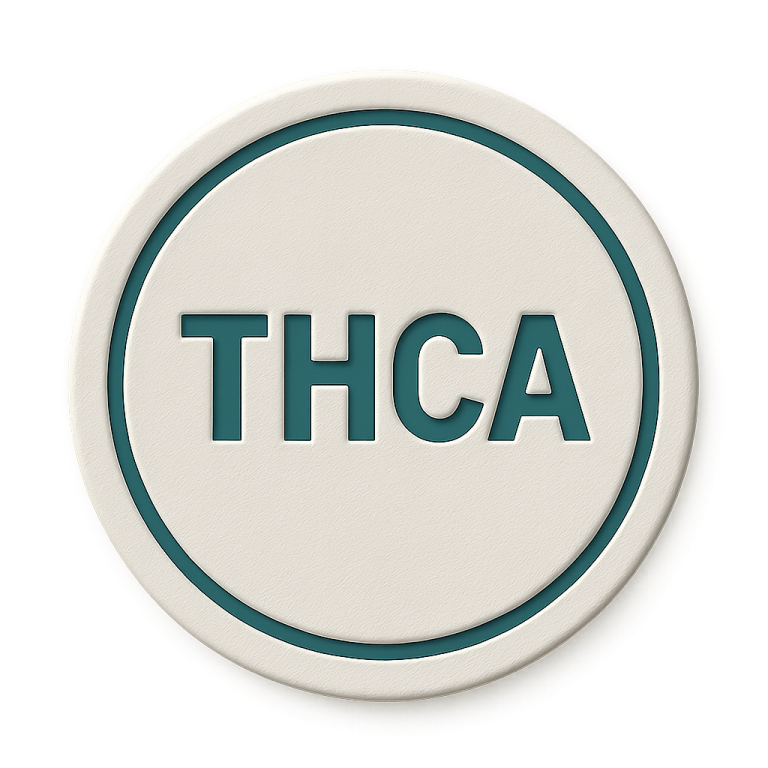
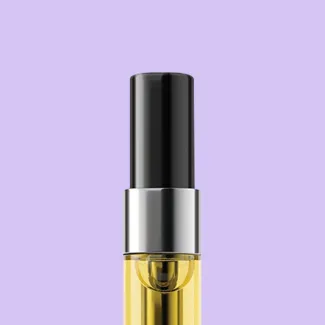
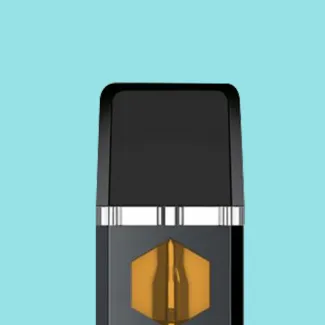
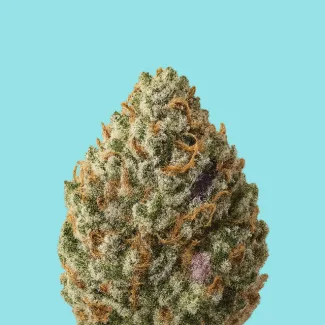
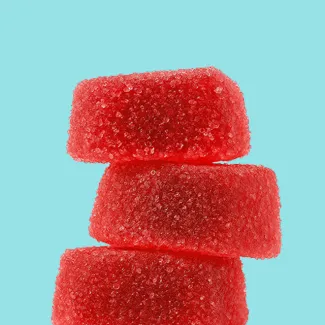
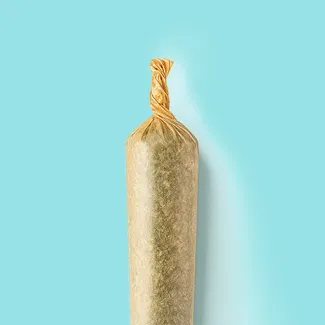
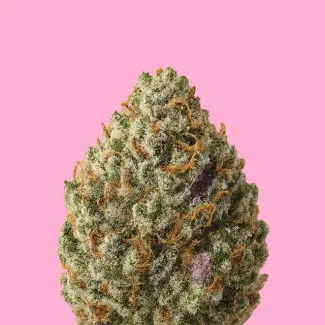


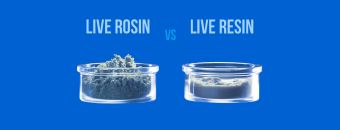



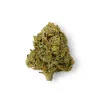
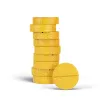
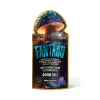
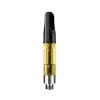
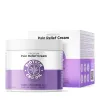
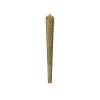
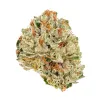
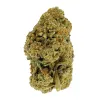
What People Are Saying
50,000+ 5-STAR REVIEWS